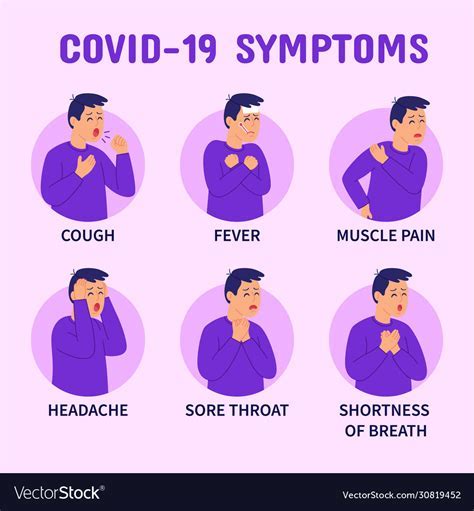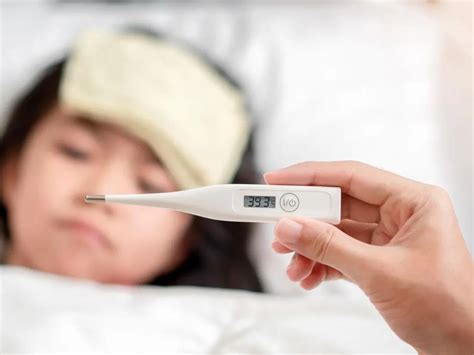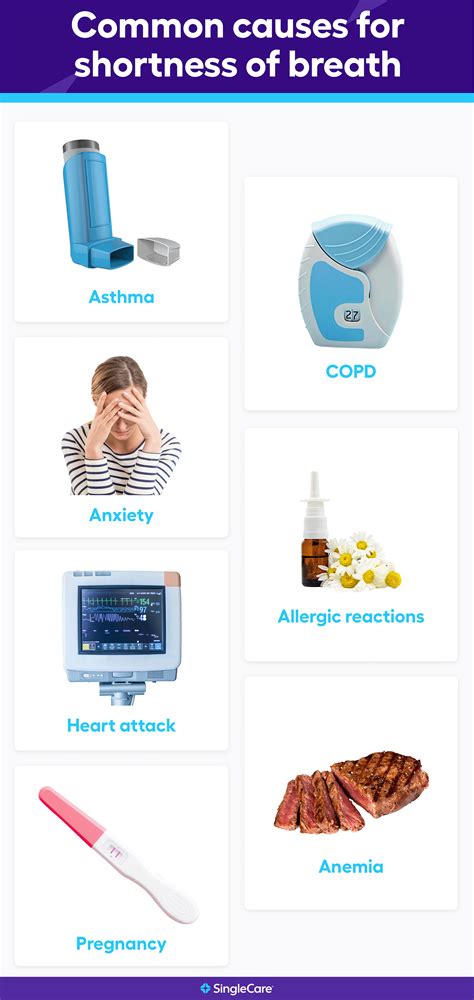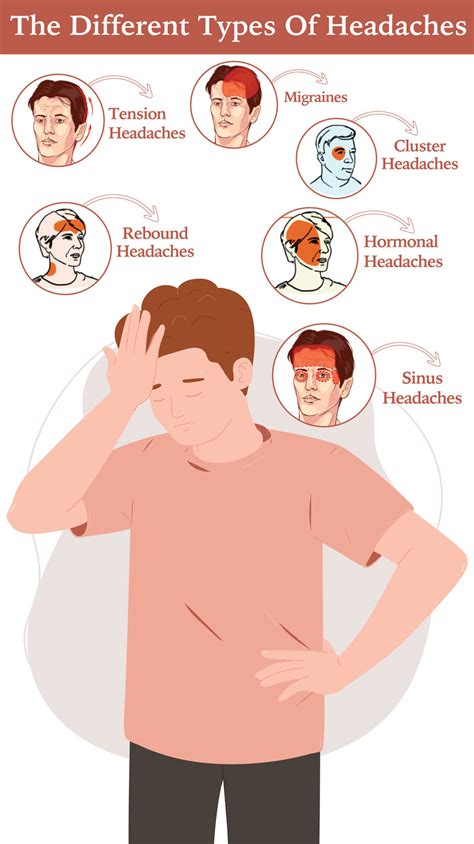Intro
Identify 5 key Covid symptoms, including fever, cough, and fatigue, and learn about related signs like shortness of breath, headache, and loss of taste, to stay informed about coronavirus infections and take preventive measures.
The COVID-19 pandemic has brought about a significant shift in the way we live, work, and interact with one another. As the virus continues to evolve, it's essential to stay informed about the common symptoms associated with COVID-19. Being aware of these symptoms can help individuals take prompt action, seek medical attention, and prevent the spread of the virus. In this article, we'll delve into the 5 most common COVID symptoms, their severity, and what you can do to protect yourself and your loved ones.
The COVID-19 virus can affect people in different ways, ranging from mild to severe symptoms. Some individuals may experience a few symptoms, while others may exhibit a more comprehensive range of symptoms. It's crucial to recognize the early warning signs of COVID-19 to ensure timely medical intervention. The 5 most common COVID symptoms include fever, cough, fatigue, shortness of breath, and headache. These symptoms can vary in severity and may be accompanied by other symptoms such as sore throat, runny nose, and body aches.
Understanding the symptoms of COVID-19 is vital to prevent the spread of the virus and seek medical attention when necessary. The virus can spread quickly, and being aware of the symptoms can help individuals take preventive measures such as social distancing, wearing masks, and practicing good hygiene. In the following sections, we'll explore each of the 5 common COVID symptoms in more detail, discussing their severity, duration, and what you can do to manage them.
Introduction to COVID Symptoms

Understanding Fever

Managing Fever
To manage fever, you can try the following: * Stay hydrated by drinking plenty of fluids * Take over-the-counter medications such as acetaminophen or ibuprofen * Use a cool compress or take a cool bath to help lower body temperature * Rest and avoid strenuous activitiesExploring Cough

Managing Cough
To manage cough, you can try the following: * Practice good hygiene, such as covering your mouth and nose with a tissue or your elbow when coughing * Use a humidifier to add moisture to the air * Try over-the-counter cough medications such as cough suppressants or expectorants * Stay hydrated by drinking plenty of fluidsUnderstanding Fatigue

Managing Fatigue
To manage fatigue, you can try the following: * Get plenty of rest and avoid strenuous activities * Practice stress-reducing techniques such as meditation, deep breathing, or yoga * Stay hydrated by drinking plenty of fluids * Try taking short walks or engaging in light physical activity to help improve energy levelsExploring Shortness of Breath

Managing Shortness of Breath
To manage shortness of breath, you can try the following: * Seek medical attention immediately * Practice deep breathing exercises * Use a humidifier to add moisture to the air * Stay hydrated by drinking plenty of fluidsUnderstanding Headache

Managing Headache
To manage headache, you can try the following: * Stay hydrated by drinking plenty of fluids * Practice stress-reducing techniques such as meditation or deep breathing * Take over-the-counter pain medications such as acetaminophen or ibuprofen * Get plenty of rest and avoid strenuous activitiesWhat are the most common symptoms of COVID-19?
+The most common symptoms of COVID-19 include fever, cough, fatigue, shortness of breath, and headache.
How can I manage fever?
+To manage fever, you can try staying hydrated by drinking plenty of fluids, taking over-the-counter medications such as acetaminophen or ibuprofen, using a cool compress or taking a cool bath to help lower body temperature, and resting and avoiding strenuous activities.
What should I do if I'm experiencing shortness of breath?
+If you're experiencing shortness of breath, it's essential to seek medical attention immediately. You can also try practicing deep breathing exercises or using a humidifier to add moisture to the air, which may help improve breathing.
Can I manage headache on my own?
+Yes, you can try managing headache on your own by staying hydrated by drinking plenty of fluids, practicing stress-reducing techniques such as meditation or deep breathing, taking over-the-counter pain medications such as acetaminophen or ibuprofen, and getting plenty of rest and avoiding strenuous activities.
How can I prevent the spread of COVID-19?
+To prevent the spread of COVID-19, you can practice good hygiene such as washing your hands frequently, covering your mouth and nose with a tissue or your elbow when coughing, and staying at least 6 feet away from others. You can also try wearing a mask, avoiding close contact with individuals who are sick, and staying home if you're feeling unwell.
In conclusion, being aware of the 5 common COVID symptoms can help individuals take prompt action, seek medical attention, and prevent the spread of the virus. By understanding the severity, duration, and management of each symptom, you can better protect yourself and your loved ones. Remember to stay informed, practice good hygiene, and seek medical attention if you're experiencing any symptoms of COVID-19. We encourage you to share this article with others, comment below with your thoughts or questions, and take the necessary steps to stay safe and healthy during this pandemic.
